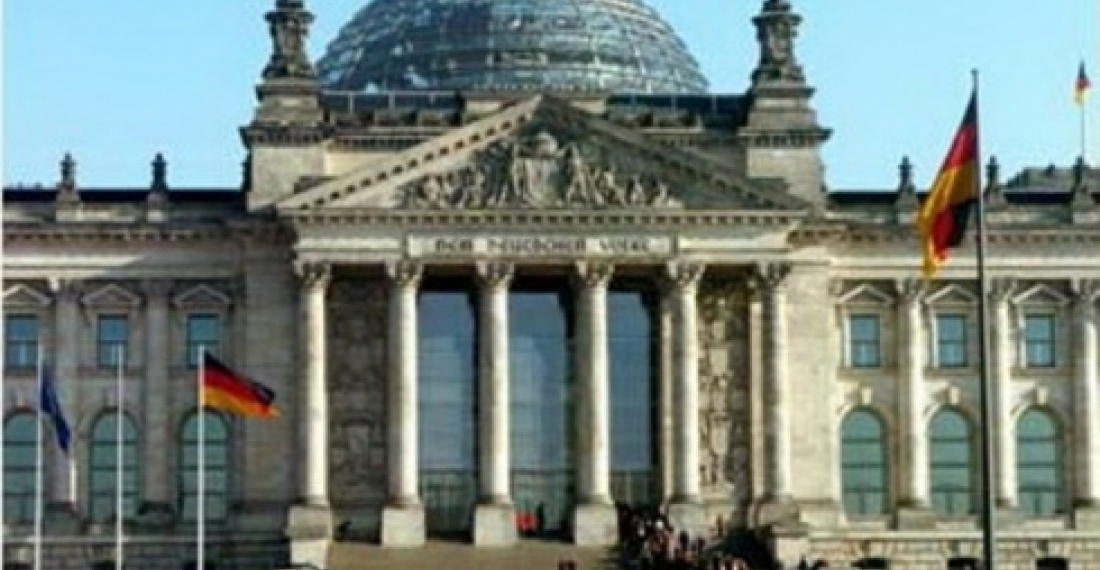Одиннадцать парламентариев турецкого происхождения были избраны в Бундестаг, в нижнюю палату парламента Германии, после выборов, состоявшихся 22 сентября, по итогам которых канцлер Ангела Меркель одержала историческую победу и ей не хватило всего немного голосов от обеспечения общего большинства впервые за многие десятилетия. Выборы были также примечательна тем, что в первые в возглавляемую Меркель парламентскую группу Христианско-демократический союз (ХДС) включены лица турецкого и мусульманского происхождения. Турецкая газета Hurriyet Daily News сообщила, что "Джемиле Юсуф, одна из 11-ти избранных, не только успешно прошла в парламент, но и добилась исторической вехи, став первой в истории турецким и мусульманским кандидатом от консерваторов Меркель".
Политический редактор Commonspace.eu в своем комментарии сообщает:
"Турецкая община в Германии часто характеризовалась, как изолированная от остальной части немецкого общества. Хотя, конечно, в экономическом смысле это было не так, а теперь уже и в политическом плане это не так. Турецкая община играет важную роль в немецкой политической жизни и начала оказывать на нее воздействие. Что интересно так то, что одиннадцать членов избранных в парламент представляют широкое сечение политических убеждений, в том числе две основные политические партий CDU/CSU и Социал-демократическая SPD, которые теперь имеют в своих рядах пять депутатов от турецкой общины. Другие избранные депутаты представляют зеленых и левых Die Linke, с тремя и двумя соответственно депутатами турецкого происхождения. Такое развитие событий очень сильно помогает развеять критику о том, что турецкая община в Германии маргинализировано. Эти одиннадцать депутатов сейчас имеют возможность работать как в рамках их соответствующих политических партий, так и в общенациональных рамках не только для их сообществ, но и для всей немецкой нации.
Несмотря на отдельные инциденты, которые не следует игнорировать, Европа не является ксенофобским обществом. Большинство европейских стран являются многонациональными и многоконфессиональными и Европа по-прежнему находит способы, в которых трансформирует свое разнообразие в силу".
Источник: commonspace.eu
Фото: Германский Бундестаг в Берлине (фото из архива).







